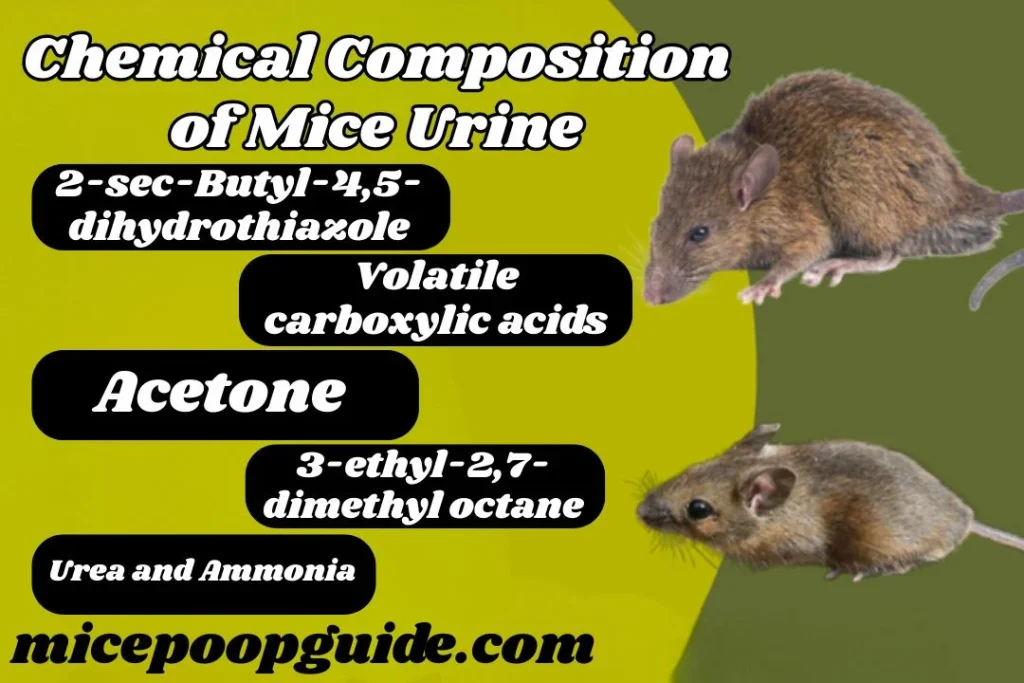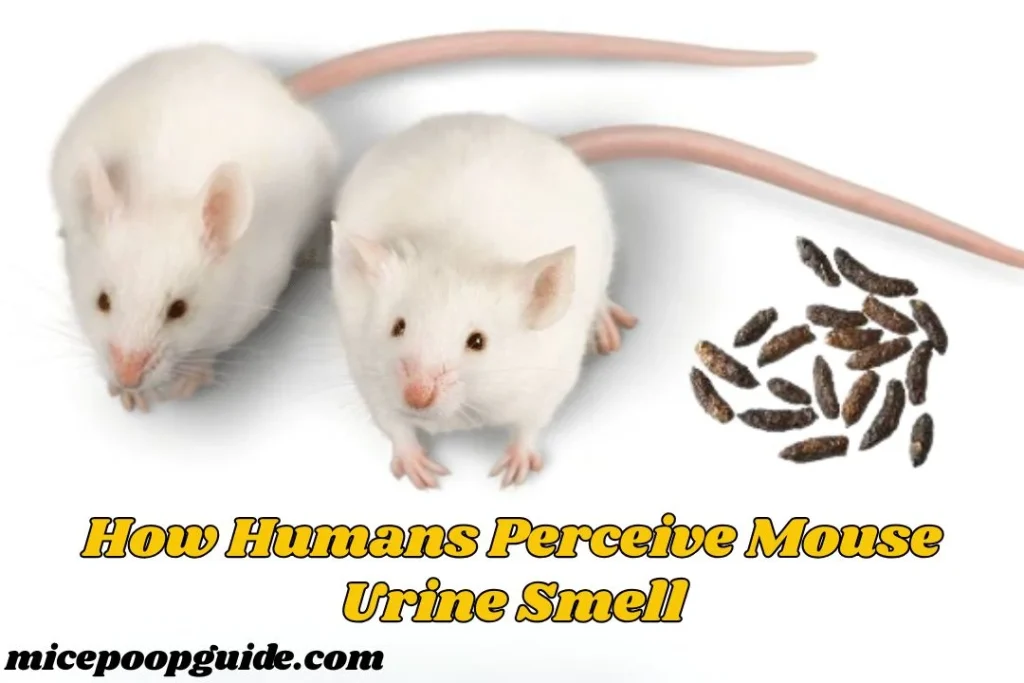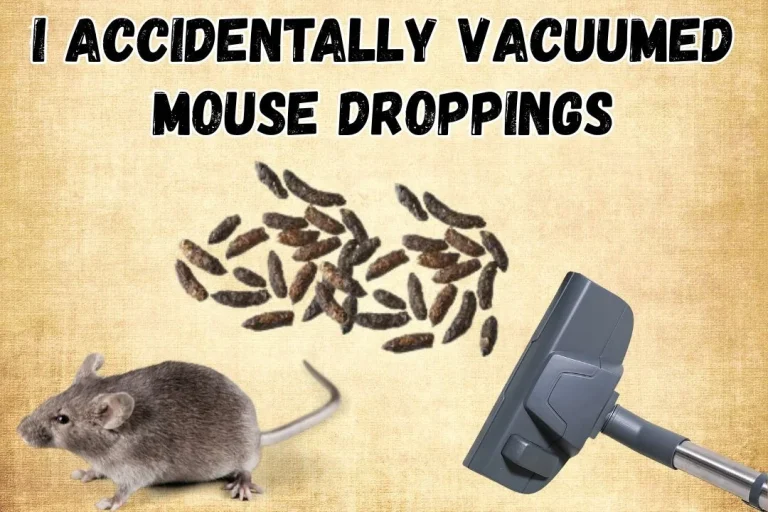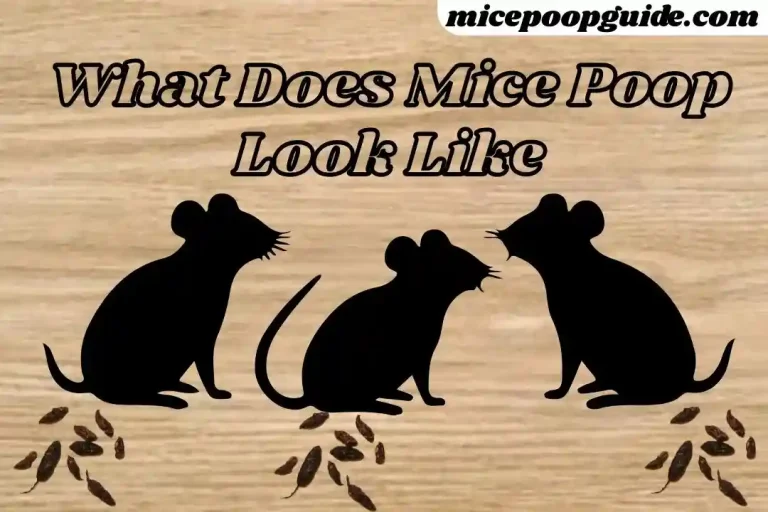What Does Mice Urine Smell Like and How to Spot It
Feeling a distinct, unpleasant, sharp, musky, pungent odor and ammonia-like smell combination of urine and decay in closed buildings or the home. It must be the smell of mice poop. If you are feeling this type of smell, then understand immediately that it’s dangerous for your health.
Be conscious if you find rodent poop; then you should avoid direct contact with it. Understanding what it smells like and why can help you detect and address a problem before it gets worse. You must know about the diseases and causes that mouse poop can spread, so visit Mice poop Disease, which can help you know all diseases and causes with symptoms as well as precautions.

Introduction
Dealing with mysterious, unexplained, and unpleasant smells at your house. You might be wondering and want to identify the source to take appropriate action. You might be wondering what mice urine smells like by understanding the specific characteristics of mice urine odor. Here we discuss all the detials about urine smell and effects.
Chemical Composition of Mice Urine

Mice urine contains a complex mixture of compounds, each of which adds to the overall smell. It contains Urea, Alchols, Hydrocarbons, Proteins and Pheromones, Ammonia, Organic acids, Sugar and vitamin cofactors. Genetics and environmental effects can influence these compositions.
These are a few major compounds that contribute to the characteristic odor of mice urine.
2-sec-Butyl-4,5-dihydrothiazole
A volatile pheromone that is one of the primary components present in mice urine. In males it indicates dominance but in females it signals sexual desires.
Volatile carboxylic acids
The urinary odor of mice is composed of a mixture of these acids.
Acetone
It contributes to the pungent odor or urine
3-ethyl-2,7-dimethyl octane
It contributes to the overall musty odor
Urea and Ammonia
It breaks down into ammonia that gives a sharper, pungent and biting smell.
Some other compounds like 2-heptanone, 3-heptanone and 4-ehtyl-pheno also contributed to the complex urine odor.
Description of Smell
Mice poop urine has a distinctive odor, often described as sharp, pungent, musky, and ammonia-like. Its unpleasant acrid smell comes from the high concentration of urea and other waste products consumed by mice. The urine smell becomes quite potent in enclosed areas or less ventilated areas.

General Characteristics
Mice urine has a distinctive and unique smell because of the high concentration of ammonia. Mice urine is scattered as they move through the house. So, the smell of mice droppings can be detected in areas where they frequently travel.

Variation in Scent
Variation in mice urine scent is based on multiple factors. Such as, Fresh urine has a popcorn-like aroma and a pungent and noticeable smell as compared to older or dried droppings.
The diet of mice is another key factor that influences the intensity of urine smell.
Factors Affecting the Smell
Several factors can influence the smell of mouse urine.

Age
The age of mice poop has a significant impact on its smell. Fresh urine has a sharp, potent and unmistakable odor often described as musky and ammonia-like. As time passes the intensity of smell decreases and urine begins to older and dry with a faint and damp odor.

Environment
Environmental changes like humidity and temperature can increase or reduce the smell of mice’s urine. In high humidity the smell becomes stronger because moisture in the air prevents urine from drying out quickly. In a hot environment, urine dries out faster reducing the intensity of smell.
How Humans Perceive Mouse Urine Smell

Human perception of mouse urine can vary, but it is generally described as unpleasant. The presence of different compounds in urine influences variation in perception. Some people are more sensitive to smell due to their olfactory abilities.
Some common descriptions of human perception of Mouse urine smell include
Mostly people find mice urine smell unpleasant and noticeable.
Differentiating Mouse Urine Smell from Other Odors
As you know, mouse poop urine has a distinct smell but sometimes it can be confused with other household smells. The sharp, pungent, musky and ammonia-like smell makes it distinguishable from other rodents.
If we talk about other rodents’ smells, rat urine has a stronger and more pungent odor than mouse urine. Rat droppings are larger than mouse droppings, and they also have different dietary habits.
Moreover, Squirrels on the other hand have a milder scent that is less noticeable than mouse urine in high concentrations.
Conclusion
Recognizing the distinct smell of mouse urine is crucial for addressing problems related to mouse urine smell. The chemical composition of urine includes several components that can be detected using specialized equipment. Understanding these characteristics helps to differentiate between mice and other rodents’ urine.
It will also help to effectively manage the infestation problem by taking necessary actions to address it.



